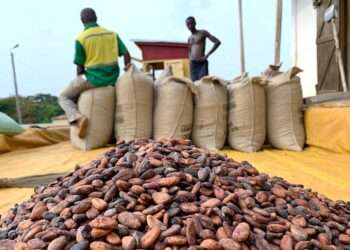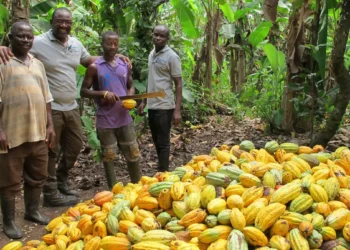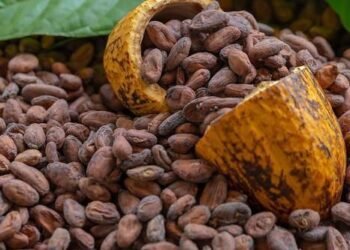Smallholder farmers in the Northern Region have raised concerns of looming food shortage as they do not have enough funds to invest in production.
This, they say, has caused them to reduce the size of land they usually use for cultivation as they cannot afford farm inputs to plant at all corners of the land.
The advent of the novel coronavirus affected businesses and according to the farmers, the outbreak affected sales. The demand for foodstuff declined after the three-week-lockdown period in Accra and Kumasi which are the two major market centres for their produce.
Each farming season, farmers reserve a part of their farm produce to sell during the lean season in order to get capital for the next season. However, following the lockdown, farmers up north lamented that they could not raise enough capital to buy farm inputs for the next farming season as they could not transport their produce for sale.
Meanwhile, those who managed to get buyers sold their produce at very low prices which caused them to generate very low incomes.
One of the farmers, Rashida Sumaila, in an interview disclosed that she had to reduce the number of acreages she used for cultivation due to a lack of funds to employ the services of a tractor as well as procure other farm inputs.
“Comparing last year to this year, the COVID-19 pandemic has affected us. This is because, in the past years, I used to farm about 5 acres and will be able to buy weedicides and fertilizers and also pay for labour. Last year I had better yield from my 5 acres of soya beans farm because I was able to look after it well. Since the outbreak of the disease, we are told not to come together, and business is about people getting together. So, the pandemic has affected us both in our farming and trading. Because of the pandemic, I am not able to farm up to the number of acres I used to farm. I have only 2 acres now. And taking care of it is even a problem because it was in the trade, I used to get money in running the farm.”
A recent assessment carried out by World Vision on the impact of COVID-19 on livelihoods shows that the pandemic has affected about 80 percent of subsistence farmers in the Gushegu and Karaga districts in the Northern Region and need urgent intervention.
The Peasant Farmers Association also raised similar concerns over the effect of the pandemic on food security, particularly among smallholder farmers and called for support from government and its development partners.
Charles Nyaba, the Programs Manager for the Peasant Farmers Association of Ghana then called on stakeholders to invest small-scale farming.
“World Vision has taken the first step to mitigating the impact of the pandemic on 350 smallholder farmers in the Gushegu and Karaga districts. The support from World Vision is a timely one, however, it is obvious that, the organization alone cannot take care of the needs of all farmers in the area and the Northern Region generally. It is imperative that, other partners move in to support smallholder farmers who produce most of the food in the country.”





















